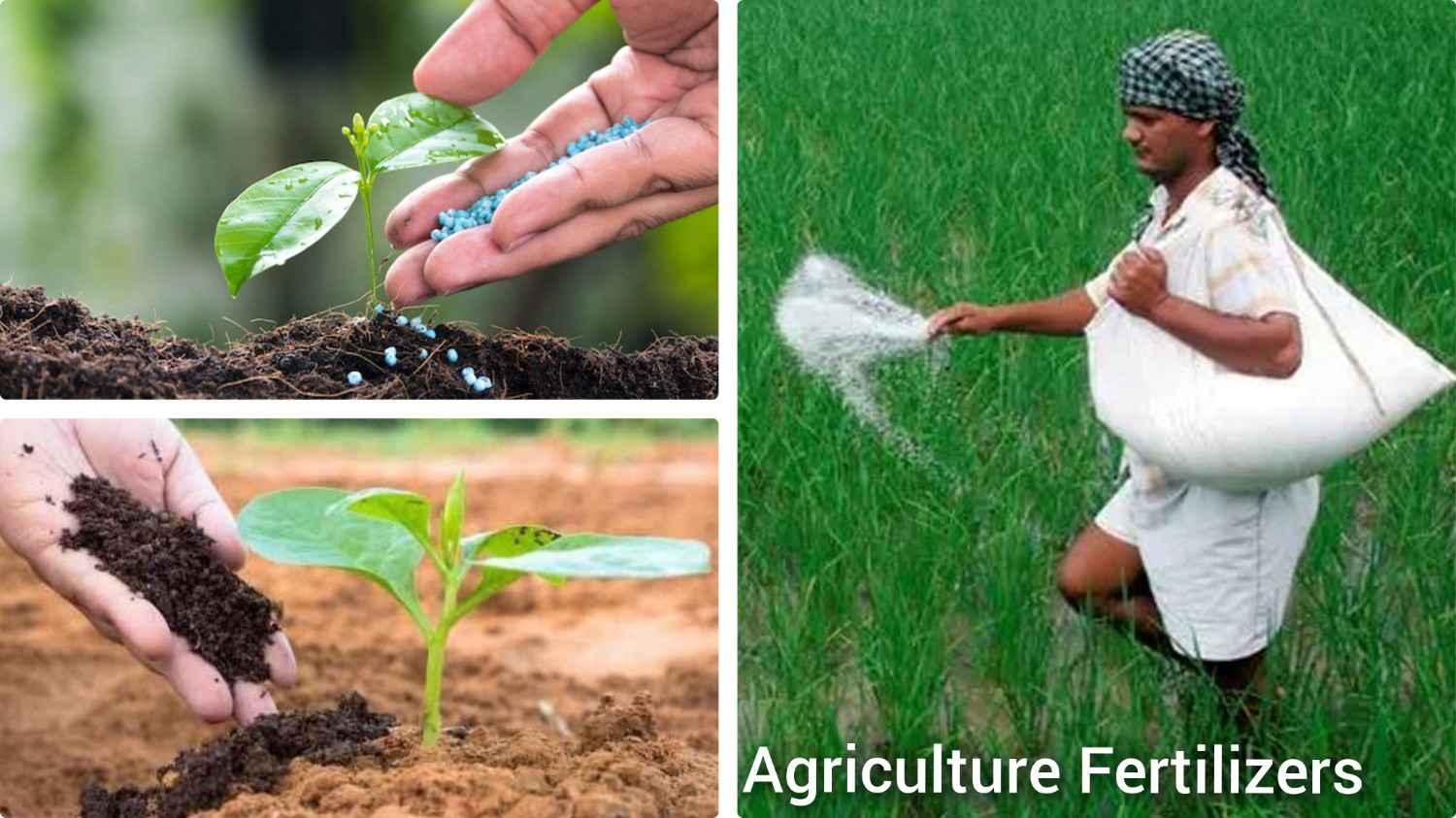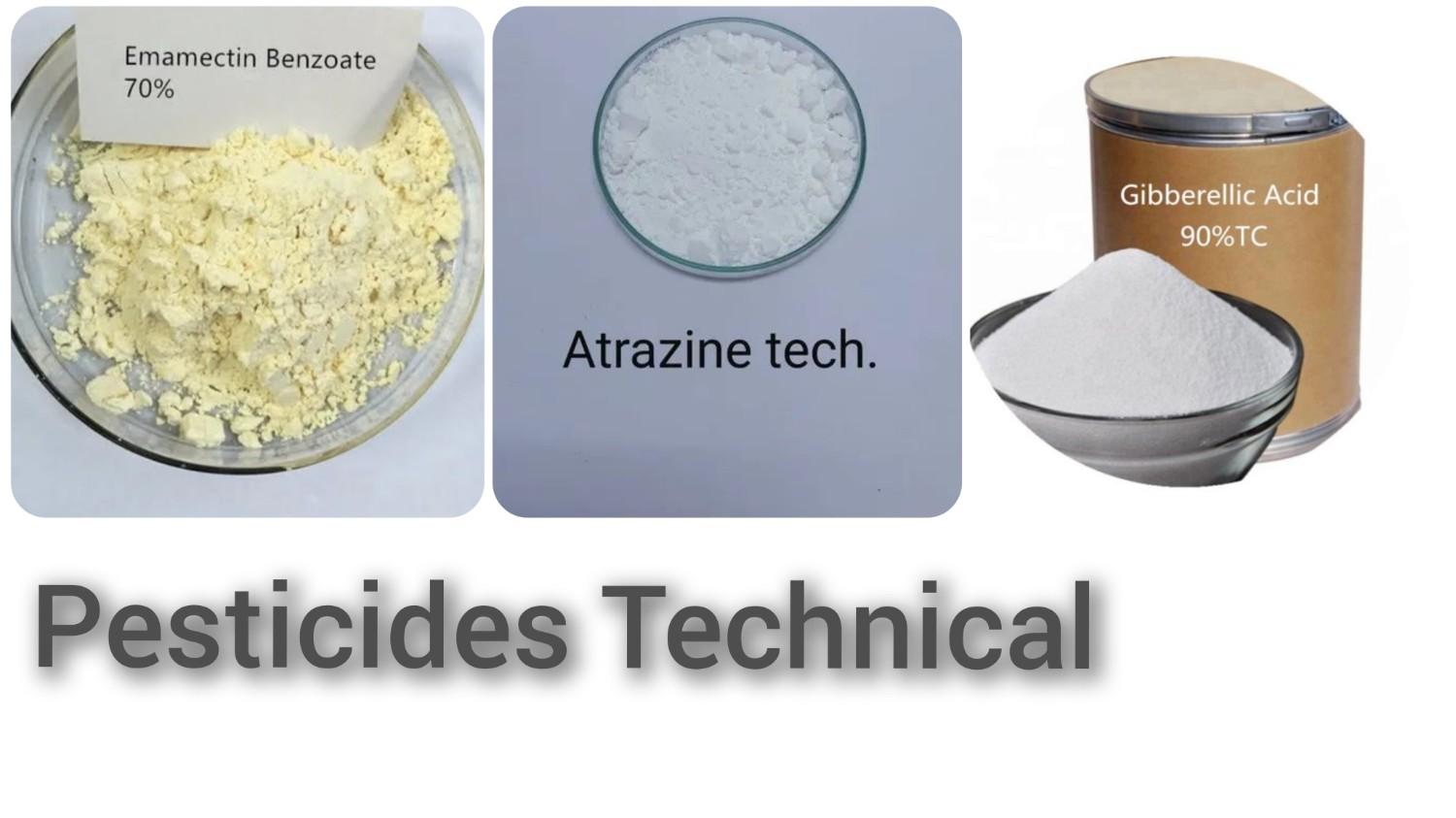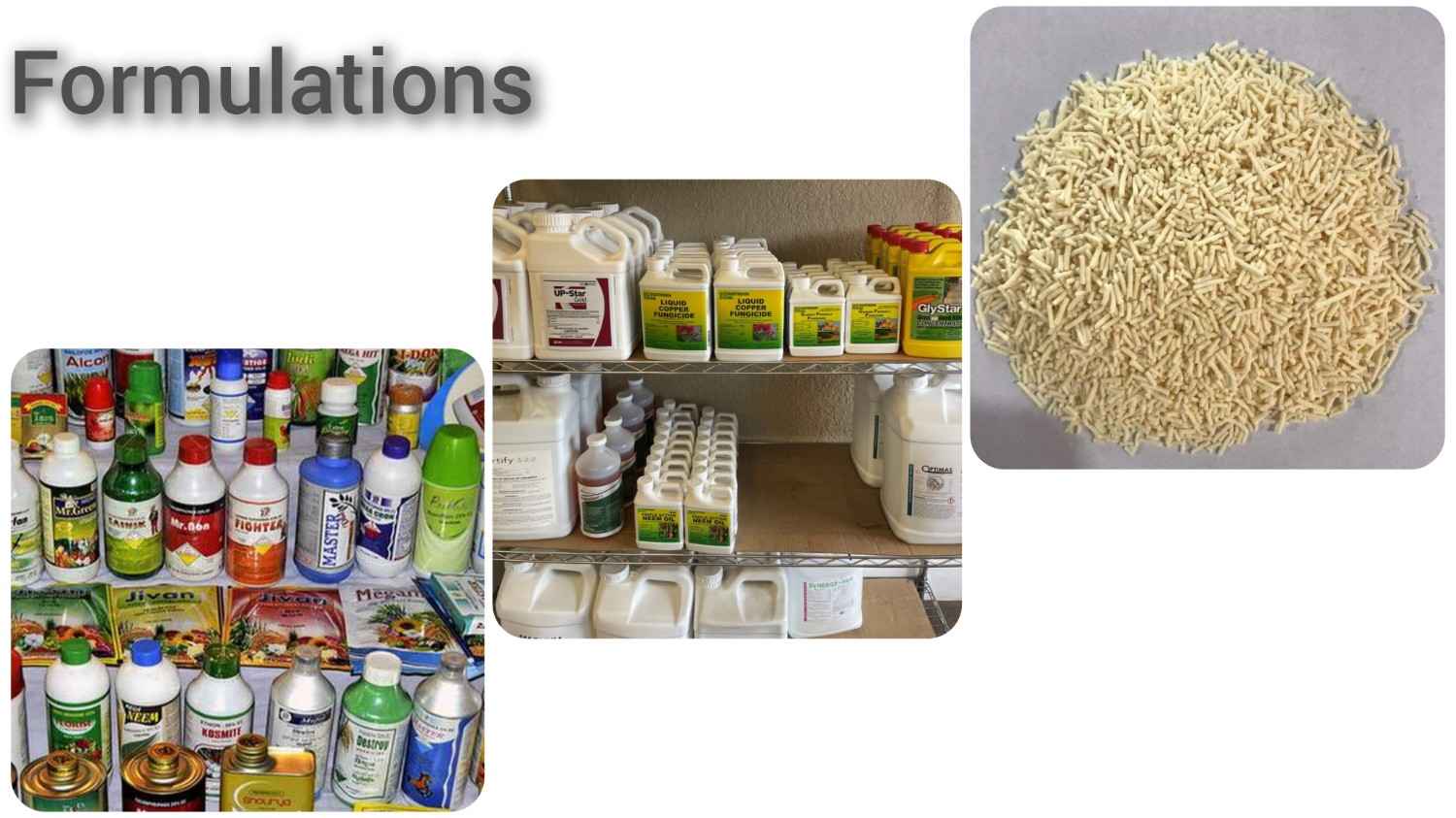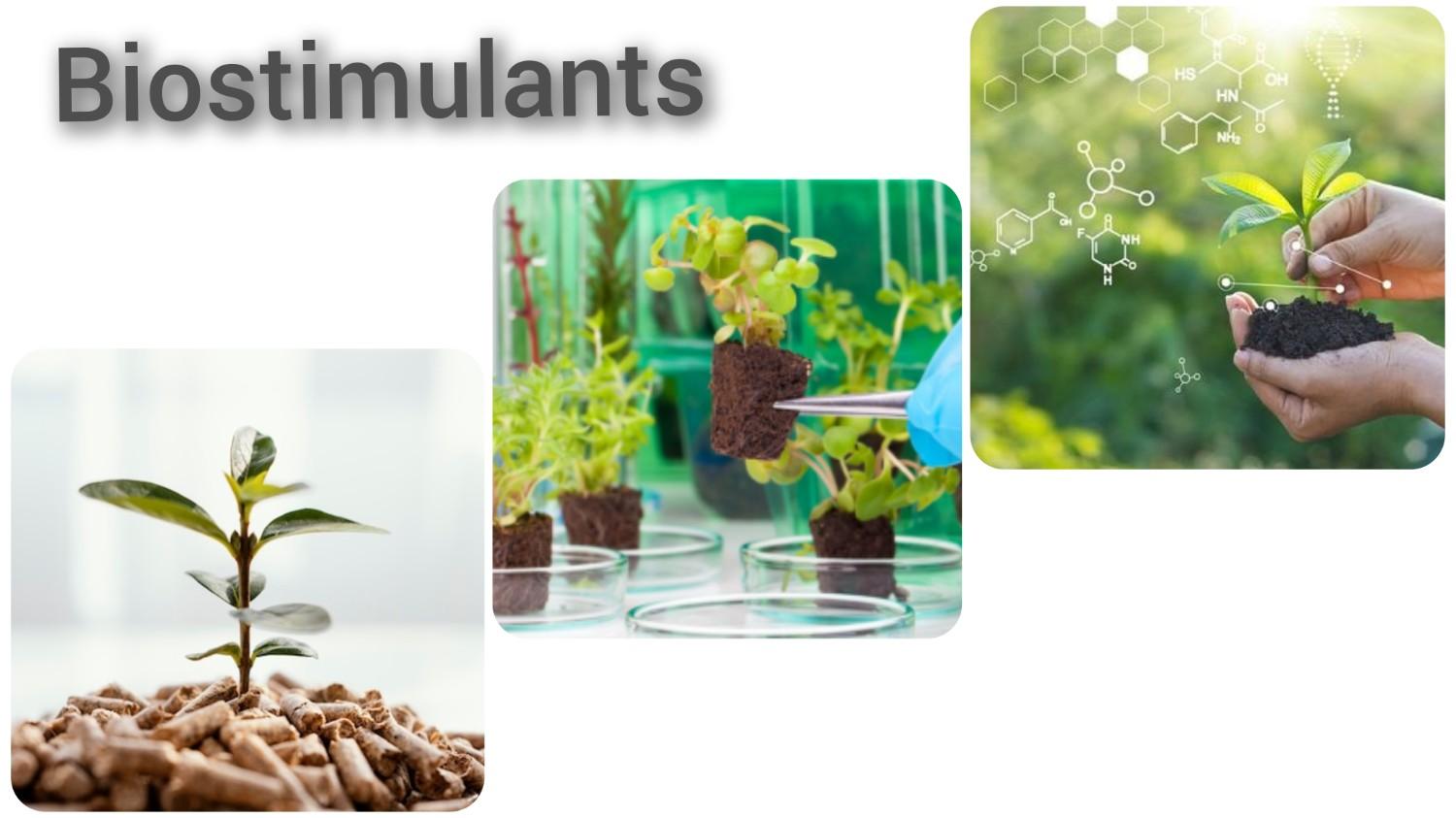



Agrochemical
Agrochemicals are chemicals used in agriculture to manage pests, diseases, and weeds, and to enhance crop production. These chemicals include:
- Pesticides: Chemicals that kill or control pests, including insects (insecticides), fungi (fungicides), and rodents (rodenticides).
- Herbicides: Chemicals that control or kill unwanted plants (weeds).
- Fertilizers: Substances that provide essential nutrients to plants, typically containing nitrogen (N), phosphorus (P), and potassium (K), which promote growth.
- Growth Regulators: Chemicals that influence the growth patterns of plants, helping to improve crop yield or quality.
- Soil Conditioners: Substances that improve the soil’s physical properties, such as texture or moisture retention.
Agrochemicals are widely used in modern farming to boost productivity and protect crops, but they can have environmental and health impacts if not used properly.
Agrochemical testing is essential for several important reasons:
- Safety: The primary concern is ensuring the safety of both consumers and farm workers. Agrochemicals, if used improperly or if they contain harmful residues, can pose health risks. Testing helps ensure that these chemicals do not exceed the allowable levels of toxicity and do not harm human health when applied to food or crops.
- Environmental Protection: Improper use of agrochemicals can lead to soil degradation, water contamination, and harm to non-target organisms such as beneficial insects, birds, and aquatic life. Testing helps assess the environmental impact of these chemicals and their breakdown products, ensuring they don’t pollute the environment.
- Regulatory Compliance: Different countries have strict regulations regarding the types and amounts of agrochemicals allowed in agricultural practices. Testing ensures that products meet these regulations and are legally approved for use, preventing the sale and distribution of hazardous or unapproved chemicals.
- Effectiveness: Testing helps determine the efficacy of agrochemicals in controlling pests, diseases, and weeds. It ensures that the chemicals are effective at the correct concentrations and that they do not harm the crops they are intended to protect.
- Residue Monitoring: Testing for pesticide residues on food crops ensures that the levels are within the acceptable safety margins set by regulatory bodies like the EPA (Environmental Protection Agency) or the FAO (Food and Agriculture Organization). This is crucial to maintain consumer confidence in food safety.
- Public Trust and Market Access: Thorough testing and safety evaluations help maintain consumer trust. Products that are properly tested are more likely to gain approval from international markets, which is crucial for exporters of agricultural products.
- Sustainable Agriculture: Testing helps identify alternatives to harmful chemicals and encourages the development of safer, more sustainable agrochemical solutions. This can lead to agricultural practices that are both productive and environmentally friendly.
In short, agrochemical testing is vital for ensuring public health, protecting the environment, and promoting sustainable agricultural practices.
Our Facilities :
Physio-Chem Parameters
- Acidity / Alkalinity
- Cold test
- Degree of dispersion
- Emulsion Stability
- Flash Point
- Loss on drying (LOD)
- Material Insoluble in Acetone
- Melting Point
- Odor
- Persistence Foam
- pH Range
- Physical State
- Pourability
- Solubility in Water
- Solubility in Organic Solvents
- Specific Gravity
- Spontaneity of Dispersion
- Suspensibility
- UV-Visible absorption spectra
- Wettability
- Wet Sieve Analysis
- Active Ingredient content
Submit Your Query for Testing
